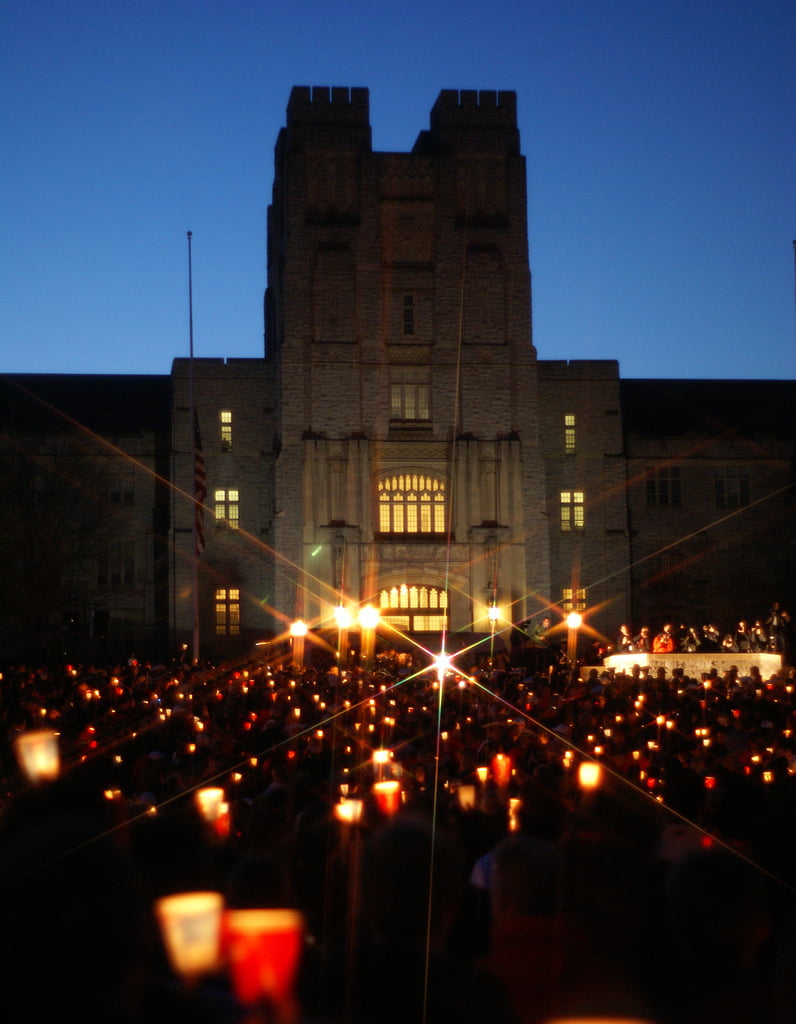Over the past three years, there have been more than one hundred school, college and university shootings in the US. Just last week, two college shootings, in Arizona and in Texas, left scores dead.
While parents and politicians are working towards increased gun control – so far with little or no success at the federal level – some Israeli researchers are perfecting their possibly controversial technique to identify potential school shooters before they actually commit a heinous crime, thus preventing future tragedies.
SEE ALSO: Israeli Company X-Test Trains Mice To Detect Explosives At Airports
Researchers at Israel’s Ben-Gurion University recently presented an automated technique that scans students’ social media texts to determine if they could become dangerous. The technique, which profiles school shooters, was recently published in the academic journal Frontiers in Forensic Psychiatry. In the study, BGU researchers selected writings by six shooters involved in a number of high-profile scenarios worldwide, including the Virginia Tech massacre in 2007. They then analyzed and compared these with writings by 6,000 young bloggers and tasked a computer to identify the shooters.
The tool developed at BGU was able to significantly narrow down the pool of suspects (to 3 percent of bloggers), which included the writings of all six shooters. This method could reduce the effort needed to identify shooters or solo terrorists. Since it’s automatic, it enables screening a massive number of texts in a short time, which could aid in the detection efforts.
SEE ALSO: BriefCam Helps To Quickly Catch Terrorists
But scanning and analyzing students’ blog posts using advanced technology to prevent crime could be a step too far for some privacy proponents.
“While ethical considerations are inevitable, we can definitely imagine a situation in which parents give the school permission to scan their teenagers’ social media pages under certain limitations,” BGU’s Prof. Yair Neuman, said in a statement. “In this context, using our automatic screening procedure, a qualified psychiatrist or psychologist may automatically get red flag warnings for students whose texts express a high level of potential danger.”
Neuman emphasizes that his technique should be used in combination with other forensic methods: “The proposed methodology does not pretend to solve the enormous difficulties in profiling and identifying school shooters, but modestly adds another tool to the tool kit of forensic psychiatry and law enforcement agencies.”
Photos: Ben Townsend, www.audio-luci-store.it
Related posts

Rehabilitation Nation: Israeli Innovation On Road To Healing

Israeli High-Tech Sector 'Still Good' Despite Year Of War







Facebook comments